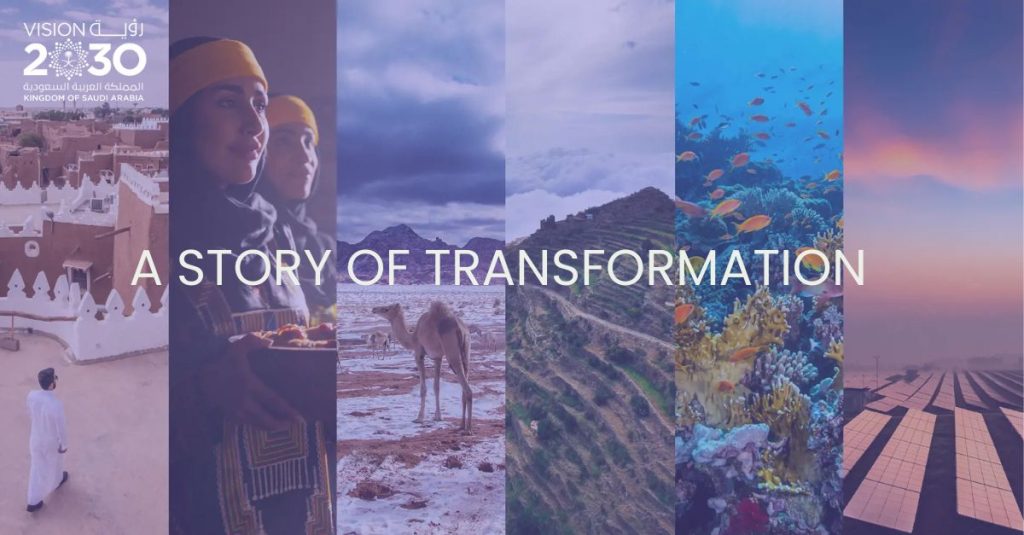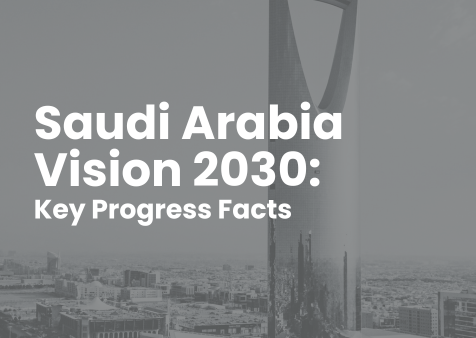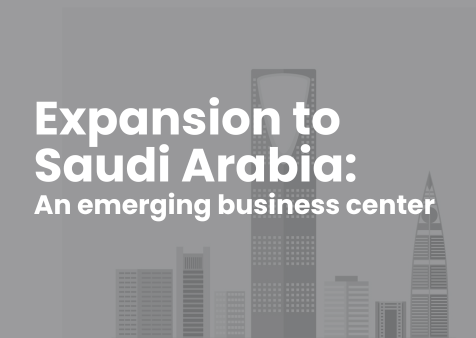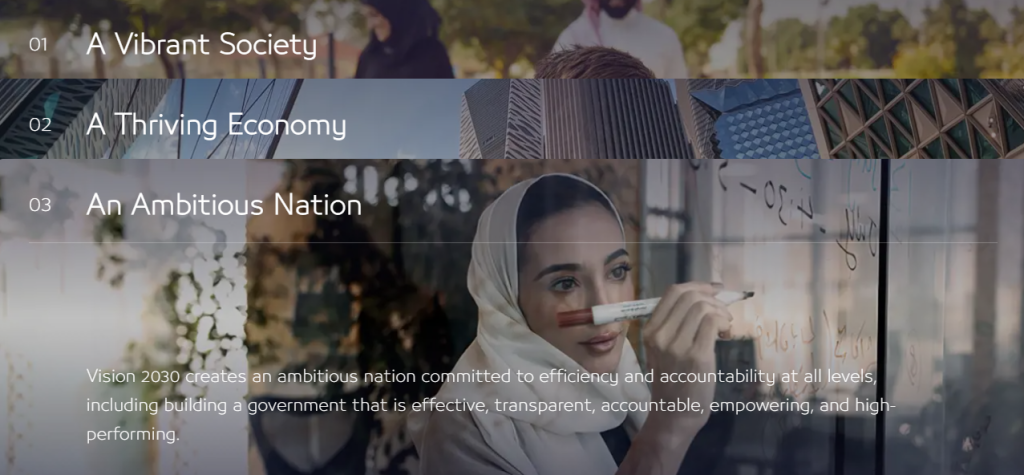Saudi Arabia Vision 2030: Key Progress Facts
Saudi Arabia’s Vision 2030 is a transformative economic and social reform plan aimed at reducing the Kingdom’s dependence on oil, diversifying its economy, and developing public service sectors such as health, education, infrastructure, recreation, and tourism. Launched in 2016 by Crown Prince Mohammed bin Salman, Vision 2030 has already made significant strides across various sectors, marking considerable progress towards its ambitious goals.

Economic Diversification
- Growth in Non-Oil Revenue:
Non-oil revenue has seen a substantial increase, with a 30% rise from SAR 201 billion in 2016 to SAR 261 billion in 2023, bolstered by new taxes, fees, and economic diversification efforts. The introduction of VAT in 2018 and other fiscal reforms have significantly contributed to this growth. - Public Investment Fund (PIF):
PIF’s assets have grown tremendously, with revenues reaching $88.22 billion in 2023, marking a 100% increase. PIF is pivotal in driving economic diversification through investments in sectors like real estate, infrastructure, technology, and entertainment.
Tourism and Entertainment
- Tourism Influx:
Saudi Arabia has rapidly become a significant player in global tourism, welcoming 60 million tourists in the first half of 2024 alone. This surge is attributed to the development of mega-projects such as the Red Sea Project, and Al-Ula. - Entertainment Industry:
The Kingdom has significantly expanded its entertainment offerings, including hosting over 2,000 events, concerts, and cultural festivals annually. The establishment of the General Entertainment Authority has been crucial in these developments.
Infrastructure and Urban Development
- Mega-Projects:
Vision 2030 has given rise to several ambitious mega-projects, including the Red Sea Project, aimed at developing luxury tourism along the Red Sea coast. - Housing and Urban Development:
The Sakani housing program has delivered over 200,000 housing units since its inception, increasing home ownership among Saudis to 62% in 2023. Additionally, urban development initiatives are improving the livability of cities and creating new economic opportunities.
Healthcare and Education
- Healthcare Expansion:
Significant investments are being made to expand healthcare infrastructure, increase the number of hospitals, and improve the quality of healthcare services. The healthcare sector is expected to grow by 6.5% annually, with the establishment of new medical cities and hospitals. - Educational Reforms:
Education is being reformed to align with market needs, focusing on STEM fields and vocational training. Partnerships with international educational institutions have resulted in 15 new university collaborations, enhancing the quality and relevance of education.
Renewable Energy and Environmental Sustainability
- Renewable Energy Projects:
Saudi Arabia is investing heavily in renewable energy, with projects like the Sakaka Solar Power Plant and Dumat Al Jandal Wind Farm leading the way. The goal is to produce 50% of the Kingdom’s electricity from renewable sources by 2030. As of 2023, renewable energy capacity has increased by 25%. - Environmental Initiatives:
The Saudi Green Initiative aims to plant 10 billion trees and reduce carbon emissions by 278 million tons annually. These efforts are part of broader plans to combat climate change and promote sustainability.
Business Environment and Regulatory Reforms
- Ease of Doing Business:
The Kingdom has implemented numerous reforms to improve its business environment, including simplifying procedures for starting a business, obtaining construction permits, and protecting minority investors. These efforts have significantly enhanced Saudi Arabia’s ranking in the World Bank’s Ease of Doing Business index, climbing 30 places since 2016. - Foreign Investment:
New regulations allowing 100% foreign ownership in various sectors have attracted global investors, with FDI inflows reaching $5.5 billion in 2023. The government is actively promoting sectors like tourism, entertainment, healthcare, and technology to diversify its investment portfolio.
Social Reforms and Cultural Development
- Women Empowerment:
Significant strides have been made in women’s empowerment, including granting women the right to drive, increasing female workforce participation to 33% in 2023, and promoting women in leadership positions. - Cultural Development:
The Kingdom is investing in preserving and promoting its cultural heritage. Initiatives to restore historical sites and promote cultural events are fostering a renewed sense of national identity and pride. Over 200 cultural events were held in 2023, attracting millions of participants.
Conclusion
Saudi Arabia’s Vision 2030 is making substantial progress in transforming the Kingdom’s economy and society. Through ambitious reforms and strategic investments, Saudi Arabia is well on its way to achieving its goals of economic diversification, social development, and global competitiveness. As Vision 2030 continues to unfold, Saudi Arabia is poised to become a leading global hub for tourism, investment, and innovation, driving sustainable growth and prosperity for future generations.
Thinking of expansion to Saudi Arabia? Our team is at your disposal for any support and guidance you might need. Contact us here.


